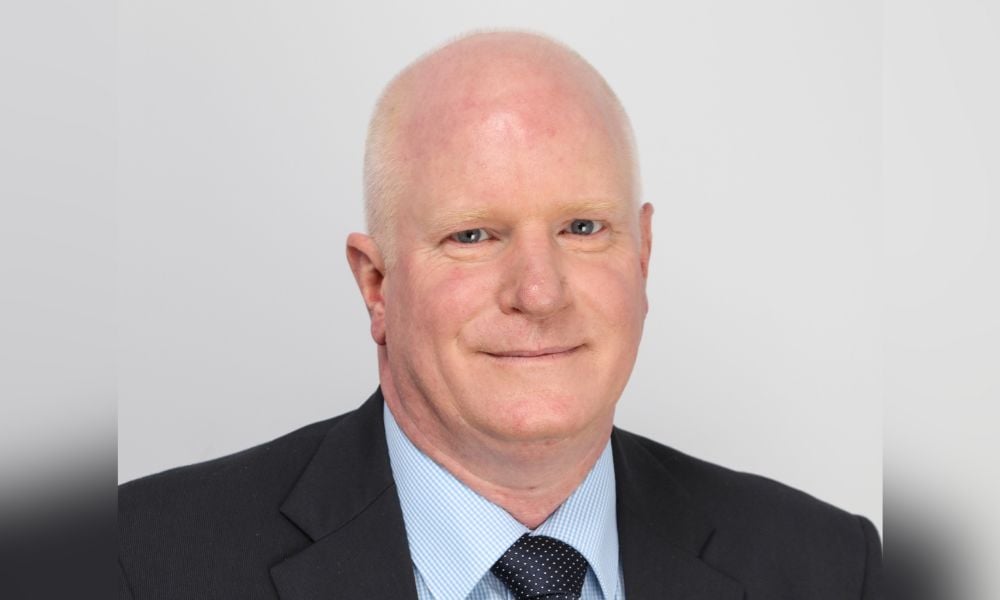Mortgage adviser urges CARE, warns against assumptions

Peter Wilmot (pictured) is a Whakatane-based financial adviser who brings banking experience, personal connection, and a CARE-driven philosophy to mortgage and insurance advice.
From banker to independent adviser
“My journey into mortgage advising began in 2017 after more than a decade as a business banking manager at ANZ Bank,” Wilmot said. “During my tenure, I developed a deep understanding of financial structures and client advisory, which naturally set the stage for my transition.”
When ANZ restructured its business banking operations, Wilmot saw an opportunity to pursue a long-held goal.
“I had often reflected on the idea that if I ever left the bank, I would pursue my own mortgage and insurance advisory practice. The moment arrived, and I embraced it,” he said.
Now based at Mortgage & Insurance Link in Whakatane, Wilmot combines institutional insight with independent strategy to deliver a service founded on trust and personal connection.
Why the new advice regime works
While regulation isn’t always popular, Wilmot believes the introduction of New Zealand’s 2021 advice regime has brought critical structure and professionalism to the industry.
“Although some advisers might disagree, I believe the introduction of the new advice regime in 2021 has been one of the most significant and positive changes for the industry,” he said.
Wilmot acknowledged that there were still gaps in experience and knowledge across the sector but welcomed the consistent standards the regime enforces.
“This regulatory framework creates a baseline of competency and accountability,” he said. “This shift not only enhances client trust but also ensures that all advisers operate under a more structured and ethical approach, ultimately benefiting the industry as a whole.”
AI: Threat or opportunity?
Artificial intelligence presents a paradox for the mortgage industry, according to Wilmot. It offers huge potential—if managed wisely.
“Ironically, the greatest challenge facing the mortgage advising industry is also its biggest opportunity: artificial intelligence,” he said.
While some fear AI could replace advisers, Wilmot sees a more balanced future.
“If embraced thoughtfully, AI can enhance advisory work rather than replace it – enabling advisers to focus on strategic, relationship-driven aspects of the profession while automating repetitive tasks,” he said.
“Our fundamental advantage lies in human connection. People are inherently social beings with a deep-rooted need for trust, personal interaction, and tailored guidance.”
Wilmot added that technology will never replace the nuanced judgment advisers bring to complex scenarios.
“The key to navigating this evolution is to harness AI as a tool – leveraging its efficiencies while reinforcing the irreplaceable human elements of trust, expertise, and personal service,” he said.
Lessons from the field: Don’t assume anything
Wilmot reflected on a career lesson that reshaped his approach to advising: the risk of assumptions.
“One of the most challenging experiences I’ve faced as a mortgage adviser stemmed from making assumptions that, in hindsight, turned out to be incorrect,” he said.
From lender policies to client preferences, even the smallest misunderstanding can snowball.
“The biggest lesson? Never assume anything unless it is a confirmed fact,” Wilmot said.
“The cost of an incorrect assumption far outweighs the minor discomfort of seeking clarification.”
For Wilmot, accuracy and communication are non-negotiables in an industry built on trust.
Advice for the next generation: Lead with CARE
Wilmot encouraged aspiring advisers to center their work on two values: authenticity and respect.
“Authenticity means genuinely caring about clients – not just as transactions but as individuals with unique financial aspirations and challenges,” he said.
“Respect extends to everyone, including those who may not yet be in a position to achieve their financial goals.”
He’s also developed a framework to guide his own process – embodied in the acronym CARE:
- Connect – Establish genuine rapport and trust with clients.
- Assess – Understand their financial situation, goals, and challenges.
- Resolve or recommend – Offer tailored solutions or realistic guidance.
- Engage and educate – Empower clients with knowledge so they can make informed decisions.
“By maintaining a client-centric approach rooted in integrity and thoughtful advising, new entrants to the industry can build lasting relationships, deliver meaningful value, and uphold the professionalism that makes mortgage advising truly impactful,” Wilmot said.



